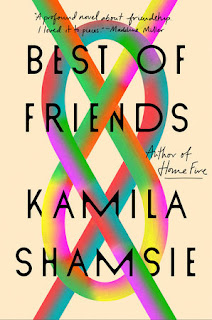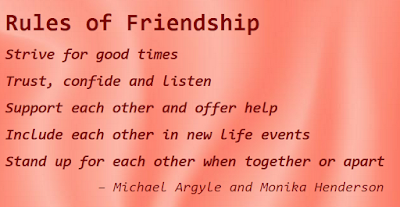Lying is inevitable in the context of war, poverty, inequality. The lying continues even when the context changes, wars end and years pass and comfort becomes the norm.
Dust Child, a novel by Nguyễn Phan Quế Mai, describes the tough life for an Amerasian child born during the Vietnam War and abandoned by family members.
The book follows three sets of characters, seemingly unconnected, during the war and its aftermath. The characters generally depend on lies and imagination to live with their choices, managing the shame and guilt and protecting other loved ones.
Phong is an Amerasian child, born during the war and abandoned at an orphanage and later scorned by society and denied schooling due to his racial background. The taunts are even worse for him because his father was African American. The nun who cares for the boy dies and he lives on the streets, where he is soon caught for stealing and sent to a camp for reeducation. After serving time, a man befriends him, offering to help him apply for immigration to the United States, taking advantage of the Homecoming Act, signed in 1987 by then President Ronald Reagan. The catch: The man expects Phong to lie, claiming that he and his wife are close relatives so that they can join him. Immigration authorities discover the scheme, blocking Phong from reapplication. Years later, another man suggests that Phong and his family try again, and offers to assist in exchange for Phong’s life savings. Once again, the plan fails and Phong is resigned to remaining in Vietnam.
Far away two sisters toil in their family’s rice fields in 1969, trying to help their parents pay off creditors and prevent loss of the family farm. A friend from school visits the village, wealthy and explaining that she works for an American corporation with offices in Saigon. Once alone with her friends, she admits that she works in a bar and is paid to drink “tea” with American soldiers. The sisters, Trang and Quỳnh, follow the friend to the city, starting work in the club with good intentions after the manager assures the women that they can set firm ground rules. The sisters lie to their parents – planning to work just long enough to pay of the family debts. But the allure of making extra money is strong, and the job soon entails more than dancing, flirting and drinking.
Trang falls in love with a US soldier who sets her up in an apartment while failing to disclose that he has a fiancé waiting at home. Once she becomes pregnant, he abandons her and leaves the country without a good-bye. The sister, Quỳnh, works longer hours to cover expenses and arrange for the infant’s adoption.
Dan is a Vietnam veteran who flew helicopter missions during the war and suffers from PTSD. Upon returning home, he convinces his fiancé that he simply evacuated injured soldiers and did not take part in attacks. He also keeps his affair with a Vietnamese woman and a subsequent pregnancy secret. Linda, with the help of friends in Seattle’s Vietnamese community, arranges a trip to the country in 2016, expecting her husband to confront his fears.
Of course, the three sets were connected in the past, and reconnect again, in some obvious ways and one that is unexpected. Dan does not find his daughter, but he finds family.
The surviving sister reflects on her life along with the lies she still tells. “She had tried to live an honest life, but the war had given her no choice. It had forced her to make up a version of herself that was acceptable to others. In a way, making up stories had been the basis of her survival and her success. Her lies had enabled her parents to go on living, and now her lies would protect her sons, their families, her business, and herself.”
The biggest lie remains a secret. Still the survivors who created those lies confront the truth on their own and forgive, and that provides a small measure of comfort and peace.
About 100,000 Amerasian children were born during the war, a result of relationships between US soldiers and Vietnamese women. Many, like Phong, were left at orphanages, and most did not know the identity of their fathers, according to Smithsonian Magazine. Some fathers did not know about their children’s existence and others, like Dan, left the children behind anyway. Worries about a massacre of the children and their mothers went unfounded, but most Amerasians were banned from schools, destined to remain uneducated and unskilled.
Neither country considered the children a priority, according to Smithsonian Magazine: “'The care and welfare of these unfortunate children...has never been and is not now considered an area of government responsibility,' the U.S. Defense Department said in a 1970 statement. 'Our society does not need these bad elements,' the Vietnamese director of social welfare in Ho Chi Minh City (formerly Saigon) said a decade later.”
Vietnam and the United States were enemy countries, preventing travel and relationships. Only a small percentage of Amerasians managed to locate their fathers or other family members despite DNA tests, legal aid groups and ample advertising.
Lying and time can protect old secrets.







